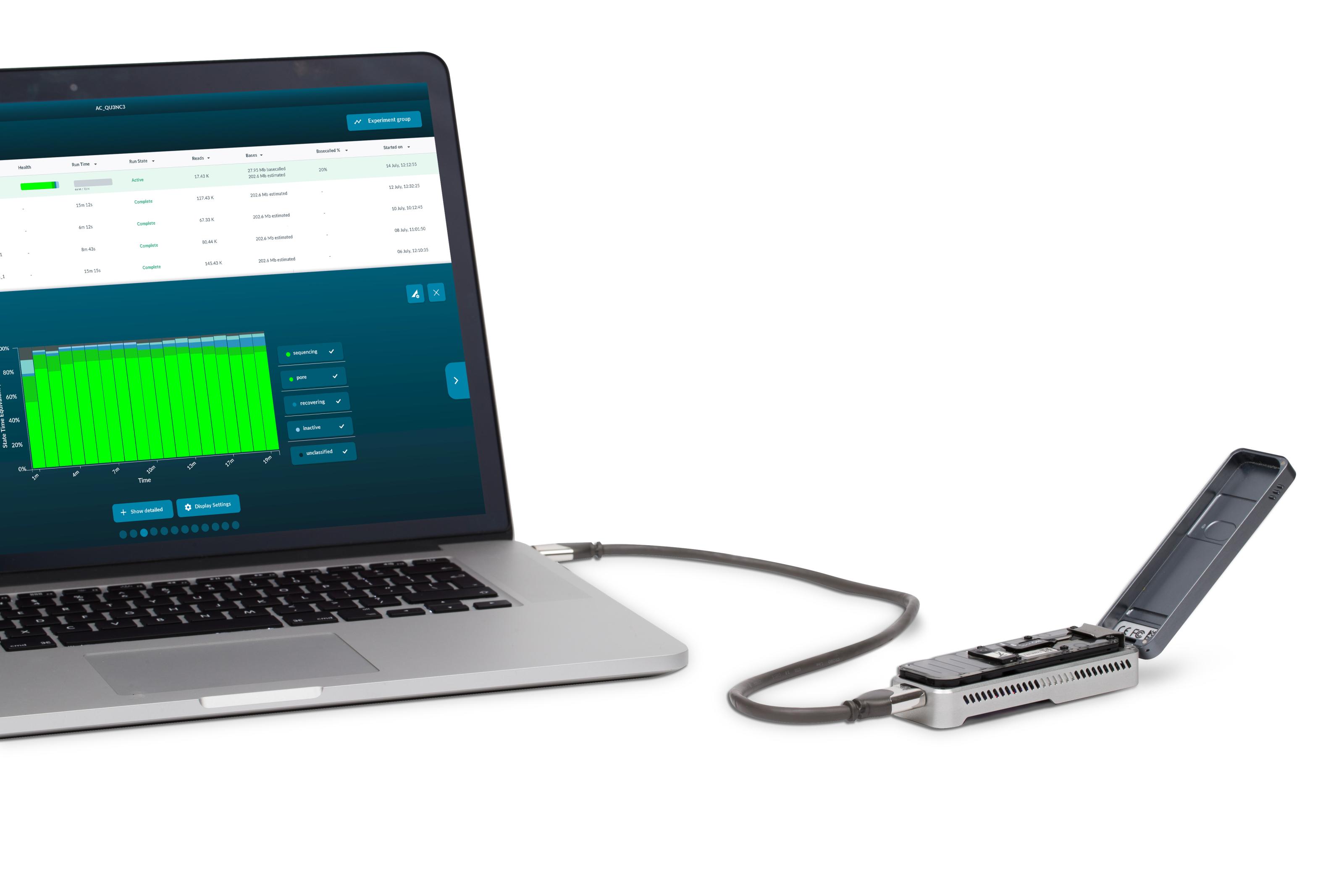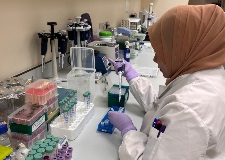Project Partner: Duke-NUS Medical School
Geographies: Malaysia, Sri Lanka, India, Pakistan, Nepal, Bangladesh, Myanmar, Vietnam, Lao PDR, Thailand, Philippines, Brunei, Cambodia, Indonesia
What is the core idea of the pilot?
Conditions such as tuberculosis, drug-resistant bacteria, respiratory viruses, and dengue are neglected silent killers. Common infectious diseases contribute to ~14 million deaths each year. Many of these deaths are preventable through enhanced detection and control efforts. Genomic sequencing is a new innovation that has transformed our ability to rapidly detect and respond to infectious diseases. Genomics can accurately distinguish a viral from a bacterial infection within a matter of hours, detect whether a disease might be resistant to available medications, or spot outbreak threats not previously identified. Portable handheld or desktop devices are now deployable even in remote low-resource settings.
The Asia Pathogen Genomics Initiative (Asia PGI) was established in 2021 and aims to accelerate the application of genomic sequencing for early detection and infectious disease elimination in Asia, primarily targeting low resource settings where the burden of infectious disease is highest.
Why is this innovative?
Findings suggest that while all countries have recently established in-country genomics capacity, infrastructure is insufficient, and processes are too slow to support rapid action towards infectious disease control. Few countries have national plans that integrate genomics into infectious disease control programmes.
What will success look like?
The next phase of Asia PGI’s efforts will focus on strengthening and sustaining in-country genomics capacity over a 5-year period, with the aim of detecting priority infections within their first week of presenting to health systems.
How will success be achieved?
The project’s impact will be achieved through the delivery of the following outcomes:
1. Partnerships:
- Strengthened partnerships between academic institutions and national public health institutions
2. Capacity Development:
- Workforce across 14 countries for infectious disease genomics upscaled to about 500 staff regionally over 5 years.
- Annual doubling in the number of priority bacteria and viruses where genomic information is sequenced and shared through publicly available platforms each year.
3. Enabling environment:
- Development of national strategic plans including genomic surveillance for the control of common infectious diseases.
- Development of plans for genomic sequencing of diseases in humans, animals and the environment (for at least half of Asia PGI countries)
- Resupply time for genomics materials reduced by 50%.
- Domestic financing as primary funding source for infectious disease genomics (for at least half of Asia PGI countries)
4. Monitoring and research:
- End-to-end assessment of progress completed in year 3 and 5
- 2 placements/year between Asia PGI countries and Singapore-based scientists/laboratories to develop new outbreak response tools based on genomic data
- 20 operational projects from Asia PGI countries supported through seed funding to respond to emerging cross-cutting priorities.
Who is leading the project?
Duke-NUS is Singapore’s flagship graduate-entry medical school, established in 2005 with a strategic, government-led partnership between two world-class institutions: Duke University School of Medicine and the National University of Singapore (NUS). A leader in ground-breaking research and translational innovation, Duke-NUS has gained international renown through its five signature research programmes and 10 centres. The enduring impact of its discoveries is amplified by its successful Academic Medicine partnership with Singapore Health Services (SingHealth), Singapore’s largest healthcare group. This strategic alliance has spawned 15 Academic Clinical Programmes, which harness multi-disciplinary research and education to transform medicine and improve lives.






